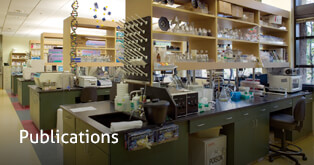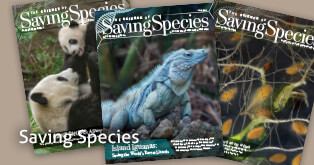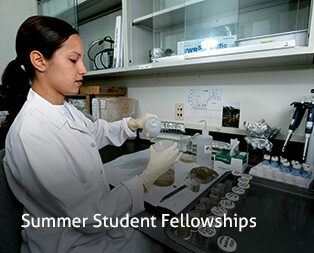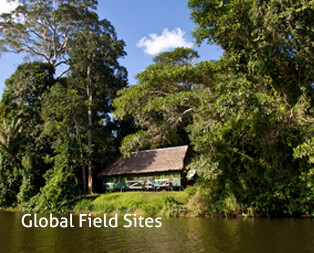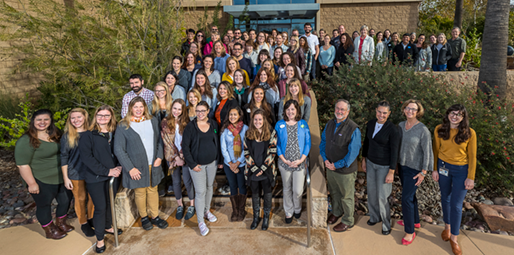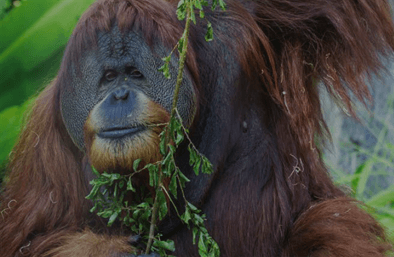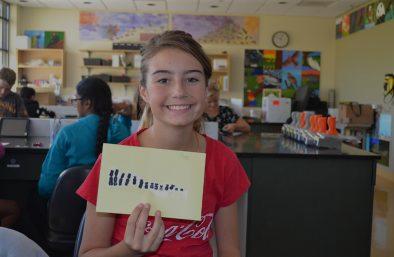Paying it forward
There are some aspects of running the Andean bear conservation research program that I’d rather not share with anyone I like. Sitting by the side of the road for 24 hours waiting for the transportation to arrive is a hoot. Crawling through mud on hands and knees under fallen trees while dragging a big backpack behind you is memorable. My favorite is probably waking up in a tent in the middle of the night, gasping for breath at a high elevation. Such fun!
On the other hand, it is very okay to stand on a knife-edge ridge and look over valleys on either side, covered in cloud forests, or to see bromeliads recently eaten by a bear, or to look at a camera trap photo and have no idea what animal you’re looking at!
Another side benefit of conducting a collaborative program like the Andean bear program is that I get to meet and work with a wide variety of people I do enjoy sharing experiences with. Some of these folks have been local residents with traditional experience and knowledge of the wildlife and the forest, some have been students from local universities, and some have been young biologists setting out on their research careers.
I’ve previously mentioned our collaboration with Danny Lough in his MS research; I’ve also recently had the opportunity to work with Flynn Vickowski, a Fulbright Research Grantee. Flynn just spent several months in SE Peru establishing and conducting her own research project. Her goals were to characterize the wildlife diversity of a lowland area belonging to an indigenous community, the Wachiperi Queros, and to determine whether Andean bears use the community’s land.
Several years ago I conducted some camera trapping in a highland Queros community and was told by local residents that it was possible to walk down to the Wachiperi lands. Since that would have taken a few days and it wasn’t on my research agenda, I never made the hike. Flynn did enter the area, by putting together a team and hiking in to the area by another route. After experiencing the ups and downs, tedium and thrills of remote field work, she did confirm the presence of at least one bear in the lowlands!
Flynn is back in the US now, analyzing data and seeking to create her next opportunity. I’m glad to have worked with her in Peru and to have had the chance to support a young biologist, as so many people supported me in my career. Best wishes on your next step, Flynn!

